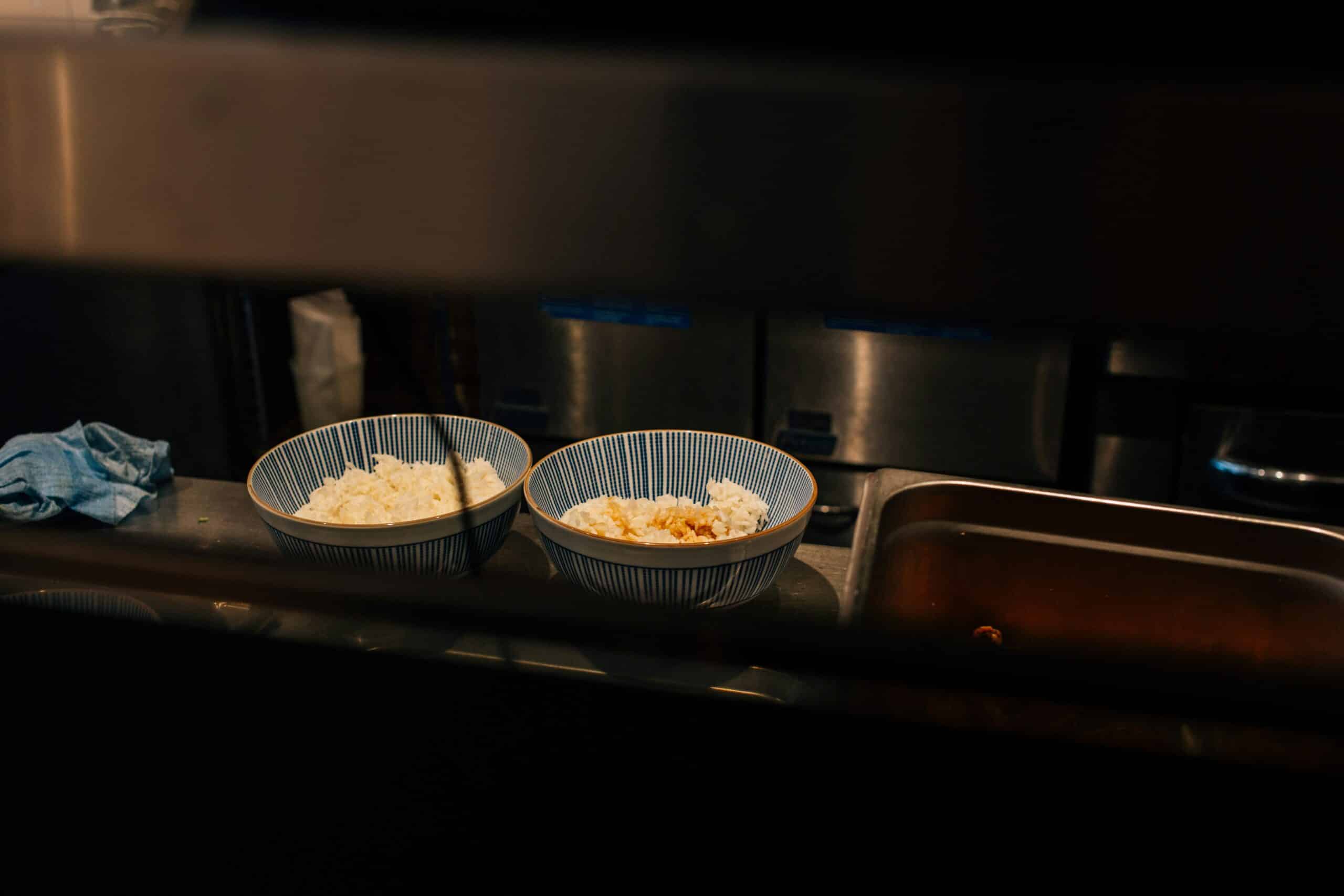When Sonny Dizon sets his mind on something, expect the outcome to be out of the ordinary.
He has a knack for taking everything to a new level—trick or treat included. For Halloween, for instance, a whole 30-kilo crocodile lechon was charcoal-roasted to cater to the palates of adventurous diners at the Crocodile Park in Davao.
Dizon first showcased the curious roast in 2011 during the park’s annual Oktoberfest celebration. The recipe was a collaboration between Sonny, his cousin chef Dino Dizon, and other chefs from the different restaurants he owns.
The lechong buwaya recipe is still evolving, inspired by the classic pig rendition where the cavity is stuffed with herbs and spices that include lemongrass, green onions and garlic, to name a few. The croc is marinated overnight in a secret concoction.
Brent Marquez, Crocodile Park marketing director, said the carcass must be completely submerged in the marinade. Imagine how difficult that is, given the size of it!
But croc meat can compare to chicken meat in taste. It easily takes on flavors, so marinating the meat gives good results.
The sight of a lechong buwaya brings mixed reactions, for very obvious reasons. Through the years, however, it has garnered loyal followers due to its uniqueness, distinct flavor and alleged healing and aphrodisiac properties.
The aficionados are particularly fond of the belly portion, all the way to the tail (the most delicious part of the animal). These stuffed parts are where the meat is tastiest, as they absorbs the flavors of the herbs and spices.
The lechon’s overall character is chewy on the outside but surprisingly soft and moist on the inside. The paws are crunchy.
This uncommon feast will set you back P100 per 100 grams.
No standard growth rate
It requires patience to raise crocodiles for their skin and meat. There is no standard growth rate; some grow faster than others. The animals are fed an assortment of meats such as beef, chicken, goat and pork.
From hatchling to the desired size of five to seven feet takes five to 10 years. That ideal size is when the animal is at its prime juvenile stage, when the meat is tender and the skin usually flawless.
I learned that the most sought-after portion of the skin for making crocodile leather is the belly. The animals are continuously monitored and their bellies inspected by the keepers. The pens are kept pristine and cleared of objects that may scar or damage the skins.
Aside from lechon, the farm also offers crocodile ice cream, another creation Sonny takes pride in. It is made with crocodile eggs and goat’s milk, plus some croc meat added to the mixture.
The finished product is very creamy yet light. It is available in flavors such as Pandan, Durian (my favorite), Coffee and Criollo.
Most expensive skin
In Dizon’s words, “My fascination for crocodiles led me to put up a farm. I found out that these prehistoric creatures have the most expensive skin in the world. Crocodiles have also been survivors for over 200 million years. Arguably, they have the strongest immune system of any other animal. Their meat has medicinal value, with less cholesterol. It is good for asthma, contains antiaging properties and is used as an aphrodisiac.”
With just a few pairs acquired from an accredited crocodile farm 11 years ago, Dizon now has 3,000 heads at three different sites. The type of crocodile he farms, the crocodilus porosus, is not endangered.
The method of slaughter is similar to that of other domestic animals raised for food. Dizon went through the tedious process of getting all the necessary permits required to farm, raise and slaughter the animals.
The conservation of endangered species and wildlife is also one of his many advocacies. The park has become a private wildlife rescue center by accident. People would come with captured and injured animals, and would leave them under the care of the sanctuary’s veterinarians and animal keepers.
Many of these animals are later released back to the wild, while some species are kept in the park to help raise awareness about wildlife conservation.
“In expanding our offerings to include the sale of crocodile meat, ice cream and hide, we are able to increase our capacity to raise funds to sustain our wildlife center,” said Marquez.
The Crocodile Park is at Gadi Road, Talomo, Davao City. Call 082-2868883, 0922-8569792.












































